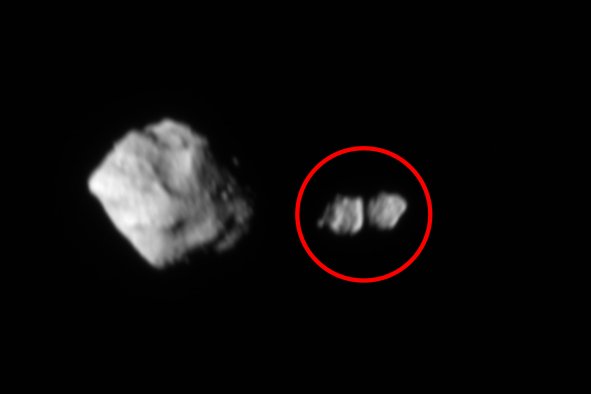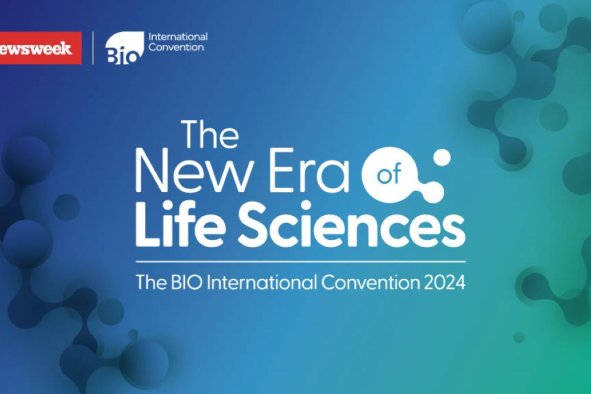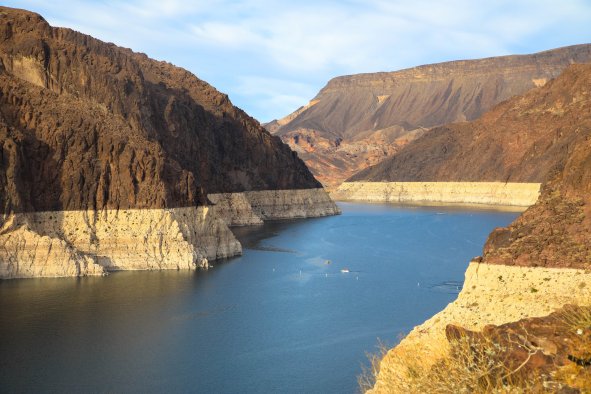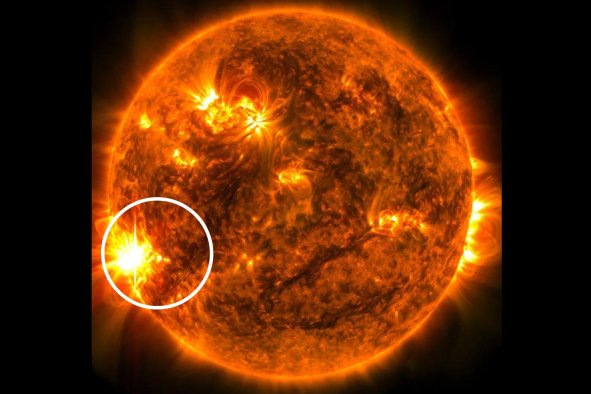The FDA recently issued an update regarding a previous recall of Fiji Natural Artesian Water bottles over concerns they were contaminated with manganese. But what is manganese, and why is it a health risk?
Manganese is a common, naturally occurring mineral found in rocks, soil, and natural water sources. It is also an essential nutrient—found in a range of foods, including nuts, seeds and green, leafy vegetables—that supports a range of important bodily functions, such as bone health, reproductive health, immunity and wound healing.
However, it is possible to have too much of a good thing. Chronic, excessive exposure to the element can result in a neurological condition called manganism. According to the Centers for Disease Control and Prevention, manganism symptoms are similar to those of Parkinson's disease and include trembling, stiffness, slow movement and depression. Additional symptoms, as listed by the National Institutes of Health, can include mania, insomnia, delusion, hearing loss and memory problems.
The U.K. government's Health Protection Agency said high manganese exposure could also affect brain development in children.
In March, the FDA announced a recall of over 70,000 cases of Fiji Natural Artesian Water bottles over concerns they were contaminated with manganese and three types of bacteria. The FDA has since lowered the classification of the water bottle recall to one that is "not likely to cause adverse health consequences."
Welders and people who work in steel factories are the most at risk of developing manganism because of the high levels of exposure in their working environment. However, manganese exposure can also occur through drinking water because of the natural mineral deposits in groundwater.
The Environmental Protection Agency has determined that in drinking water, manganese concentrations below 1 milligram per liter for up to 10 days are unlikely to cause any adverse health effects, even in children, the CDC reports. However, the FDA says manganese concentrations in bottled drinking water should not exceed 0.05 milligrams per liter.
Newsweek has contacted the FDA via email and Fiji via its website for comment.
In a post on X, formerly Twitter, Fiji responded to questions regarding the March recall, writing: "We learned of a quality issue affecting select FIJI Water 500mL (24-Pack) cases with PRD dates of Nov. 11, 2023, Nov. 12, 2023, Nov. 13, 2023, Nov. 24, 2023, and Nov. 25, 2023 sold through Amazon.com."
The brand added in a separate post: "The notice sent by Amazon does not accurately reflect the issue. We were notified of a quality issue with complaints of discoloration in select product with PRD dates of Nov. 11, 12, 13, 2023, and Nov. 24, 25, 2023."
"FIJI Water remains safe to buy and consume," the brand said. "This is a quality issue only affecting the specific lots sold on Amazon.com between February 1, 2024 and March 3, 2024 with PRD dates of Nov. 11, 2023, Nov. 12, 2023, Nov. 13, 2023, Nov. 24, 2023, and Nov. 25, 2023."
Is there a health problem that's worrying you? Let us know via health@newsweek.com. We can ask experts for advice, and your story could be featured on Newsweek.
Disclaimer: The copyright of this article belongs to the original author. Reposting this article is solely for the purpose of information dissemination and does not constitute any investment advice. If there is any infringement, please contact us immediately. We will make corrections or deletions as necessary. Thank you.



